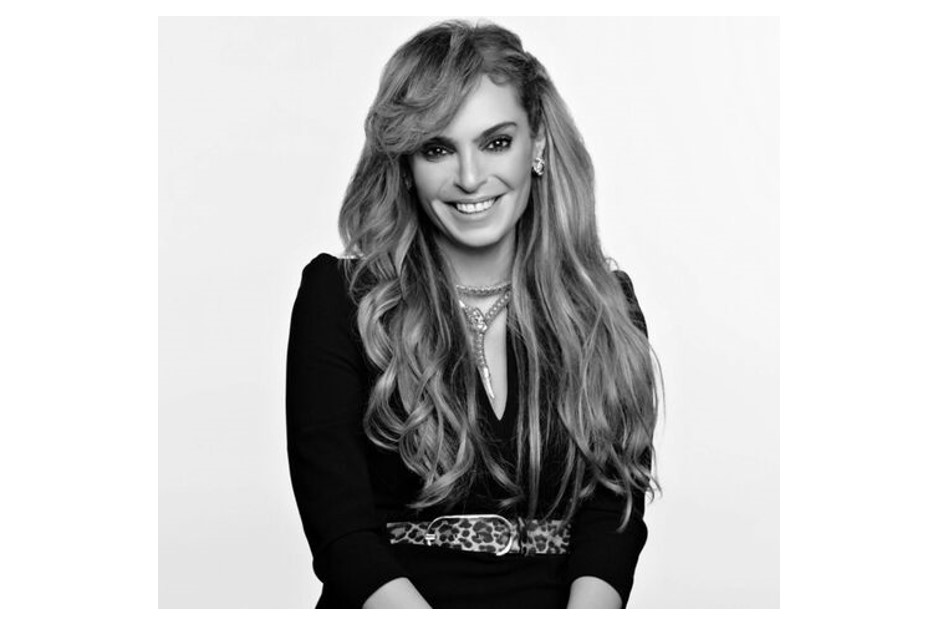
BY Devinder Bains / Jul 11 2021 / 19:00 PM
Meet UAE-based Dr. Rasha Kelej, as she shares with Bazaar what’s she’s doing to support some of the most vulnerable women in society
Statistics around infertility make for a sombre reading, as do the effects the condition can have on the mental health of men and women who are longing for a child. The World Health Organisation estimates that 186 million individuals live with infertility globally. The organisation’s figures also highlight that infertility affects 48 million couples worldwide – and in some African countries, as many as 32% of couples are dealing with infertility. But it’s not just the personal heartache that’s the issue in Africa, the social stigma that is attached to infertility can result in couples, and women in particular, being ridiculed and ostracised by their communities, leading to depression and, in some cases, suicide.
One woman who is determined to change the lives of those affected by infertility is UAE-based Egyptian senator, Dr. Rasha Kelej. As CEO of The Merck Foundation, the philanthropic arm of the German multinational pharmaceuticals company, Dr. Kelej continues to raise awareness for those affected by infertility.
For the past ten years, Dr. Kelej has worked on breaking down barriers when it comes to the many challenges women face living with infertility in Africa. From promoting healthcare intervention, garnering media support to help remove the stigma, and facilitating further education for girls, her efforts have lifted a weight and ignited positive change in the region. Dr. Kelej’s Merck Foundation, More Than A Mother campaign, teamed up with 20 African First Ladies to support childless women in starting their own small businesses. The organisation also provides specialty training for local fertility specialists and more recently, a regional fashion awards was launched, lending a voice to the difficulties women face.
Dr. Kelej, who’s lived in the UAE for 30 years, sat down with Bazaar to talk about the people she’s helping, how she’s using her influence for good, and what she does to inspire young Arab women…

Tell us about your work in Africa…
It’s to support unprivileged women, especially infertile and childless women, by improving their access to health, education, information and change of mindset – this is very close to my heart as an Arab and African woman. The work is not simply a charity or a donation, but it’s about building the capacity to enable people to help themselves.
How does your influence as a senator help?
I believe it’s necessary to use my influence to break the silence with regards to stigmatised issues such as infertility, gender-based violence, child marriage and female genital mutilation. I have always tried to use my influence to support and empower women, support girls’ education and build healthcare capacity in Africa, Asia and beyond.
What moment in your life first inspired you to help these women?
During my first trips to rural Uganda, I met many infertile and childless women and I discovered what they were going through every day even though 50% of the cases are due to male infertility. Therefore, we saw the need to create a culture shift to respect women whether they are mothers or not, and encourage sterile men to speak up and support their wives during the treatment journey. Hence, I decided to create the Merck Foundation, More Than A Mother campaign in 2014. Now it’s in more than 35 countries across Africa and Asia.
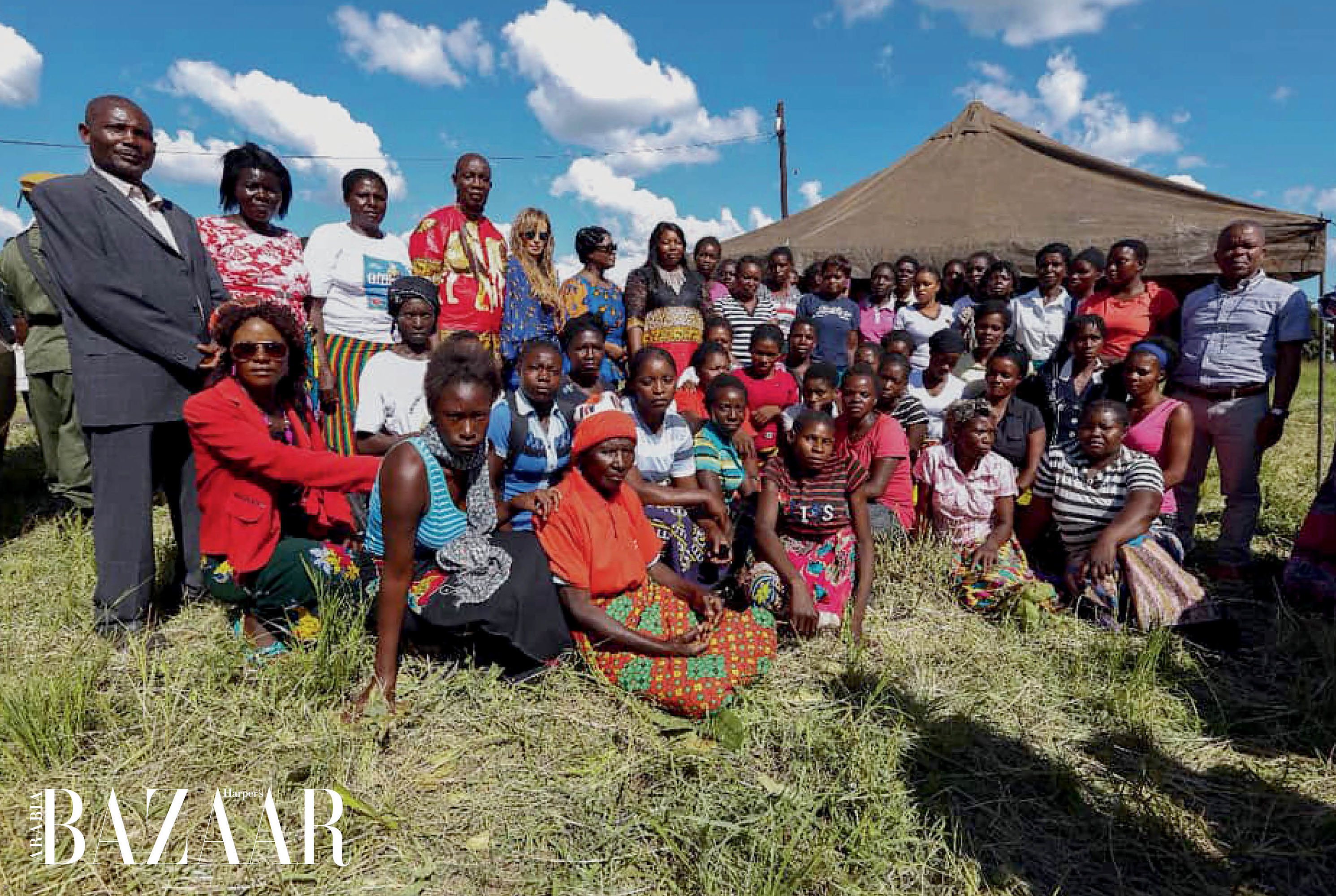
How can you remove the stigma attached to being infertile?
We have so far trained over 1,500 media representatives from 20 countries to raise community awareness. I am very passionate about empowering girls and women through education, and hence through this campaign we have been successful in supporting high-performing girls in many African countries and encourage them to continue their education.
And does More Than A Mother include medical help too?
This campaign also provides training for fertility specialists and embryologists in their countries to build and advance fertility-care capacity in Africa, Asia and developing countries. We have provided specialist training to more than 180 local fertility specialists and embryologists, and more than 150 sexual and reproductive-care specialists from 37 countries.
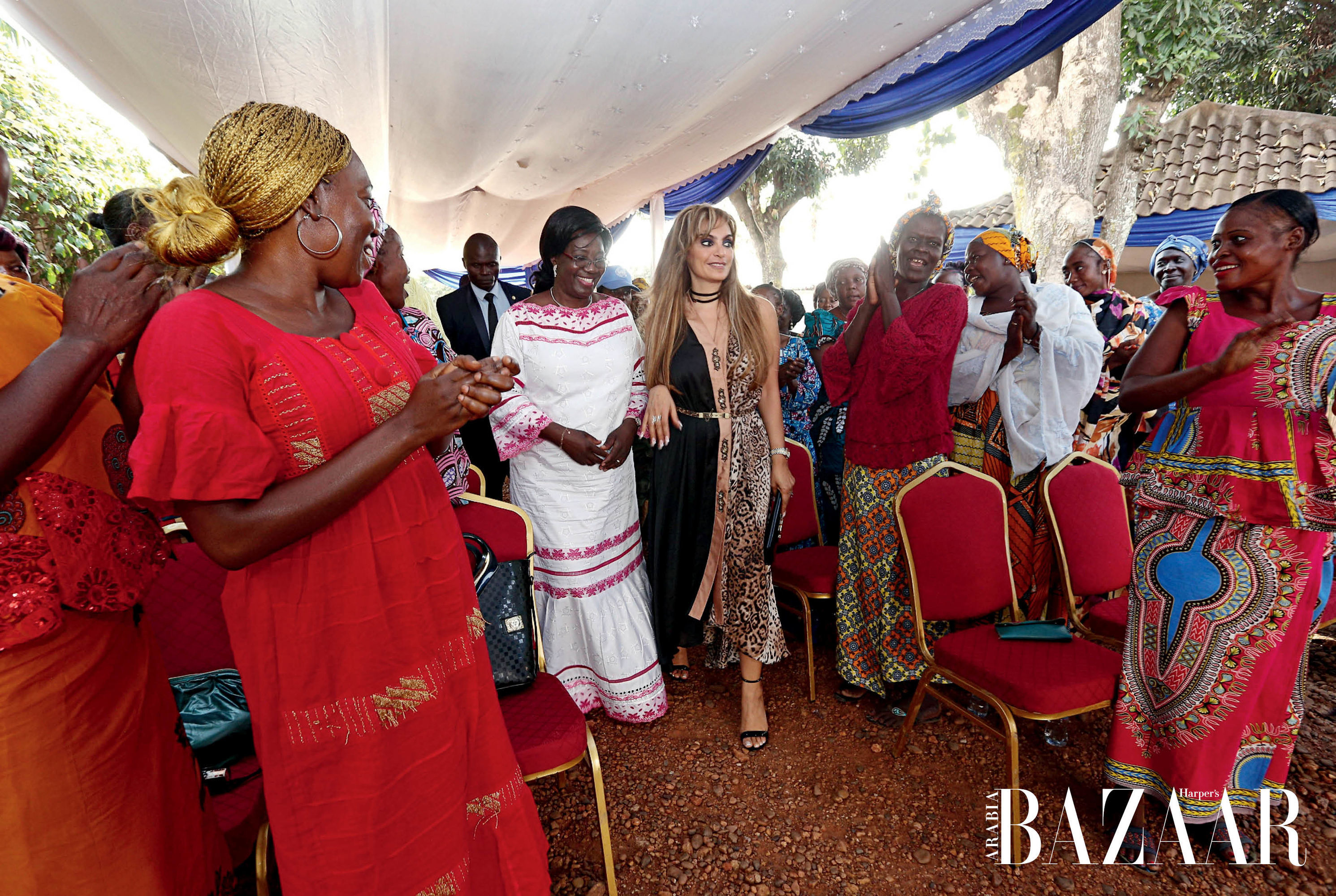
Tell us how you managed to get the First Ladies involved in the More Than A Mother campaign…
Getting the chance to work with one First Lady is difficult enough, but I have been fortunate to work with many First Ladies of Africa who are very generous and passionate about female empowerment. Every African country has their unique challenges, so before I could engage with them and initiate a dialogue, there was an extensive amount of research on a socio-economic level. Only then was I able to develop a strategy and execution plan for each country. I am proud to have partnered with as many as 20 African First Ladies, who have accepted gracefully to become Ambassadors for More Than A Mother.
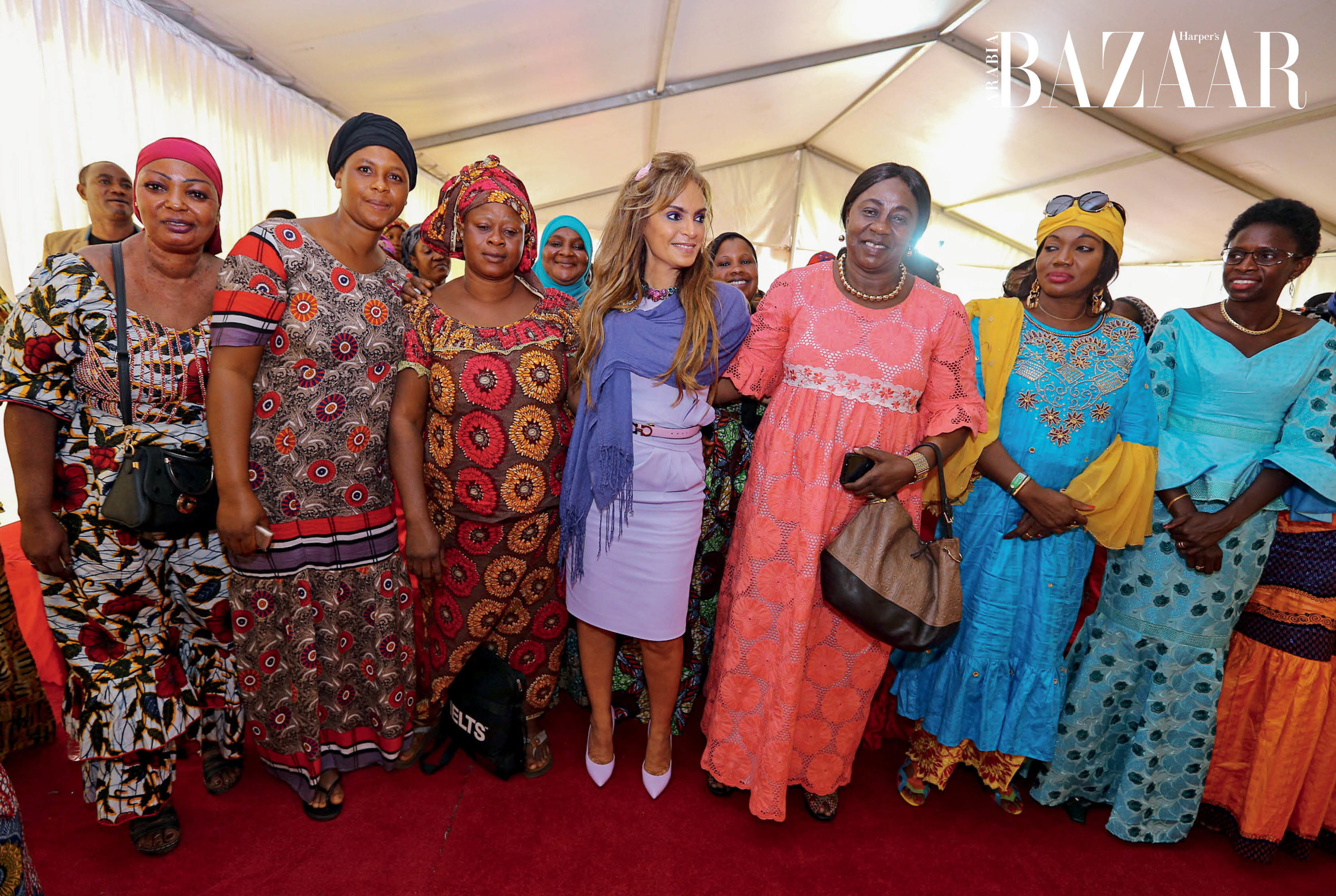
What would your advice be for someone who would like to follow in your footsteps?
Passion, dedication, consistency, hard work, strategic thinking, flawless execution and close follow-up are the key components to success, along with the ability to network and communicate rightly with the partners. Honesty and trust are also required to be able to succeed in such a field. My advice is: believe in yourself, work hard and never allow anyone to get you down. Put your heart, mind and soul into everything you do. And when you make it, do not forget to support others around you.
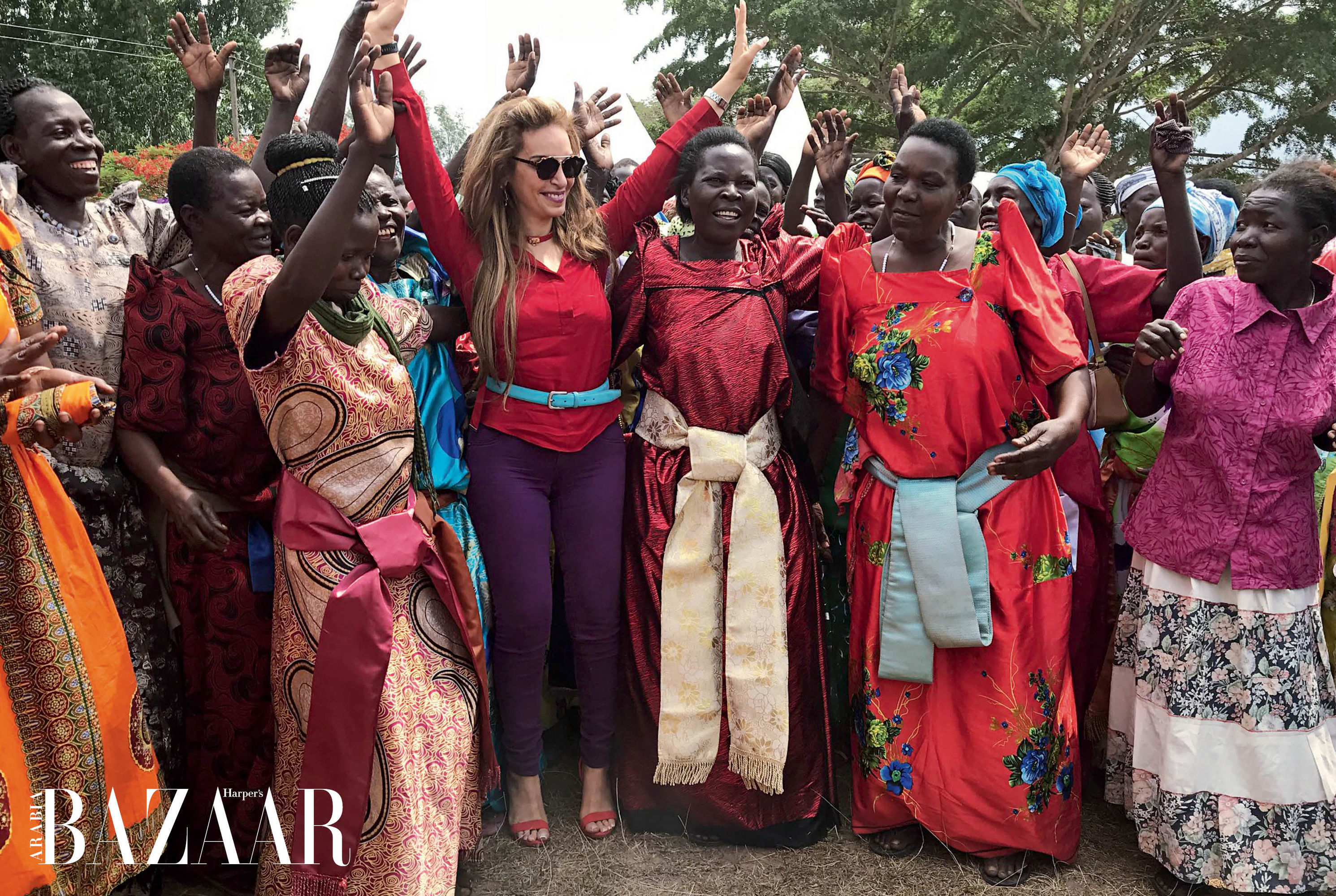
Why is it important for young Arab women to see a woman like you leading the way in roles that are typically taken by men?
Most Arab women determine career success by their ability to adjust to the male-dominated culture. Women try to play by the existing rules in the workplace and have the additional hurdle of society’s perceptions of how they should act and be seen. Reading about women in leadership positions can be inspiring for them to push the boundaries of gender inequality by utilising their strengths to reach positions typically taken by men
Photography by Jamoh Frames
From Harper’s Bazaar Arabia July-August 2021 Issue.
